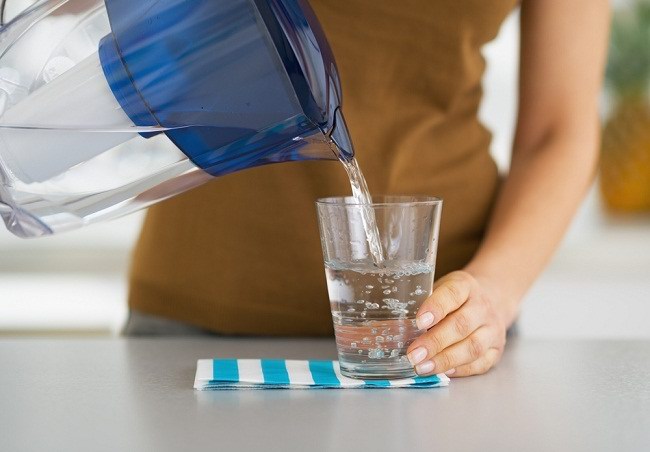Hepatitis A is a type of hepatitis disease caused by infection that still occurs in many developing countries, including Indonesia.IThis is because of hepatitis A transmission could occur easily through drinking water, food, or poor sanitation. Come on, know how to transmit hepatitis A so that we can prevent it.
Hepatitis A is an infectious disease of the liver caused by the hepatitis A virus. This highly contagious disease is closely related to poor hygiene and sanitation. Let's get to know more about hepatitis A and how it is transmitted.

How Hepatitis A Is Transmitted
The spread of the hepatitis A virus occurs via: fecal-oral, where the virus enters the mouth through objects, food, or drinks that have been contaminated with feces of people with hepatitis A. The following are some ways of transmitting the hepatitis A virus:
Dfrom person to person
Hepatitis A transmission can occur when:
- A person who has hepatitis A does not wash their hands thoroughly after using the toilet, then touching objects or food.
- Having close contact with people with hepatitis A, for example caring for hepatitis A patients, cleaning the patient's belongings, or having oral and anal sex with people with hepatitis A.
From food and drink
A person can get hepatitis A when they eat food and water contaminated with the virus. This includes frozen food, undercooked food, ice cubes, and shellfish contaminated with the hepatitis A virus.
You are also at high risk of contracting hepatitis A if:
- Living with someone with hepatitis A.
- Live in an area with poor sanitation and polluted water.
- Work or live in a densely populated environment with poor sanitation and lack of clean water.
- Not getting hepatitis A vaccination.
- Using drugs, especially injecting drugs.
- Being a sexual partner with hepatitis A sufferers.
- Have a blood clotting disease, such as hemophilia.
A person can get hepatitis A within 2 weeks to 2 months after the hepatitis A virus enters the body. Common symptoms include fever, nausea, abdominal pain, muscle aches, jaundice, and dark urine.
Handling and Prevention of Hepatitis A
There is no specific treatment to treat this disease, because the immune system will eliminate the virus by itself. Treatment only aims to relieve symptoms, for example, giving fever-reducing drugs to relieve fever.
To prevent hepatitis A virus infection or transmission to other people, you can take the following steps:
- Always wash your hands with soap and clean water, especially before preparing food, before eating, after taking out the trash, and after using the toilet.
- Avoid sharing the use of eating utensils, towels, and toothbrushes, especially with people with hepatitis A.
- Get the hepatitis A vaccine.
- Avoid drinking unclean water.
- Avoid eating unripe fruit, peeled fruit, and raw vegetables in a dirty environment.
Immediately consult a doctor if you feel some of the symptoms of hepatitis A, especially if many people are suffering from hepatitis A in the neighborhood where you live.
Given that the main transmission of this virus is through contact with goods, food, or drinks that have been contaminated with the patient's feces, the main step to prevent hepatitis A is to maintain personal and environmental hygiene.









